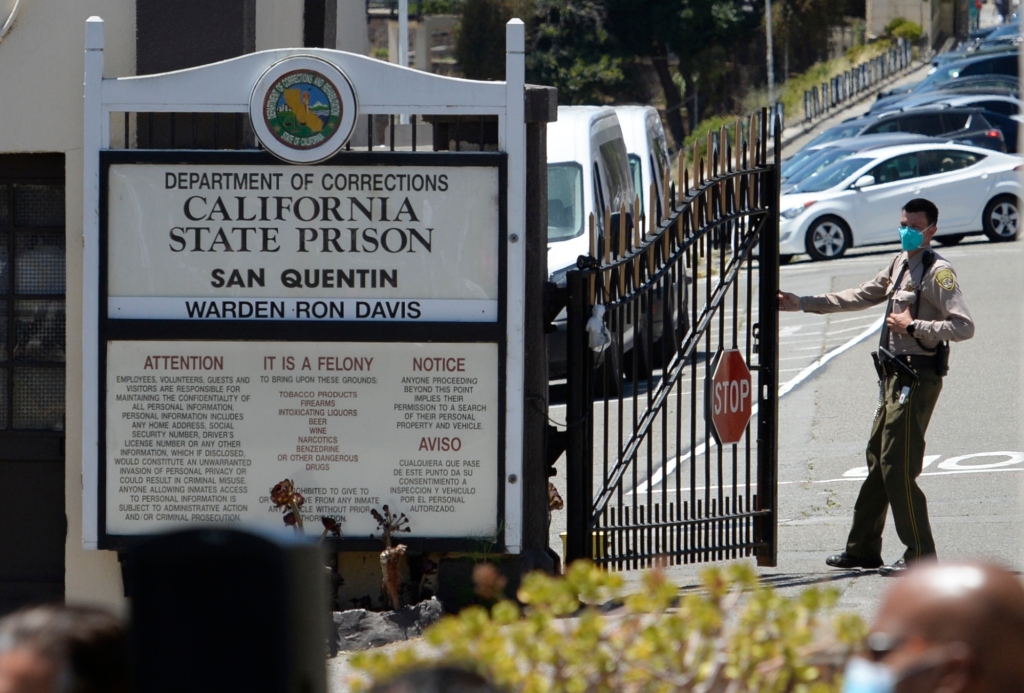
Incarcerated parents housed in more than 30 state prisons around California could be moved closer to their children, now that the “Keep Families Close” bill was signed into law by Governor Gavin Newsom on Friday and will take effect in January.
“All of us, whether we are Republicans or Democrats, have children in our districts who have done nothing wrong and who have been separated from their parent due to incarceration,” Democratic Assemblymember and co-author Matt Haney previously told the Mercury News.
AB 1226 — which had bipartisan support — will not trigger the relocation of every single incarcerated parent, but it will allow them to request transfers to a prison nearest their child’s home. The new law does not apply to people convicted of crimes that exclude them from child visitation rights, such as violence or sex related offenses.
There are thousands of children in California with a parent in prison, but most parents are housed in institutions more than 100 miles from home, according to the California Department of Corrections and Rehabilitation. The farther away a parent is from their child, the less likely they are to receive frequent family visitations. According to a document from the state Senate Committee on Public Safety, 50% of people placed less than 50 miles away from home receive “frequent family visitation,” but only 15% of people 500 miles away “receive visitors.”
Studies have shown that family visitations can have a crucial effect on the mental well-being of both the parent and the child. One study by the National Institutes of Health found that more frequent family visitation improves the well-being of prisoners while decreasing the likelihood of recidivism and in-prison rule breaking. A study by the National Institute of Justice found that maintaining a strong parent-child bond is important for helping the child of an incarcerated parent to overcome challenges such as psychological strain, difficulty in school, economic hardship and involvement with the criminal justice system.
“We know that having a relationship with parents is crucial for a child’s behavioral and emotional development and being able to see them on a regular basis — even just during visits — can make a huge difference in a young child’s life,” Haney said in a press release.
Ivana Cortez, family unit coordinator for Legal Services for Prisoners with Children, echoed Haney’s sentiment.
“We are so excited to be celebrating the victory of AB 1226, which was overdue here in California,” Cortez said. “We have a long ways to go when it comes to keeping family unity during incarceration in California and this is a great start.”
This post was originally published on this site be sure to check out more of their content.






